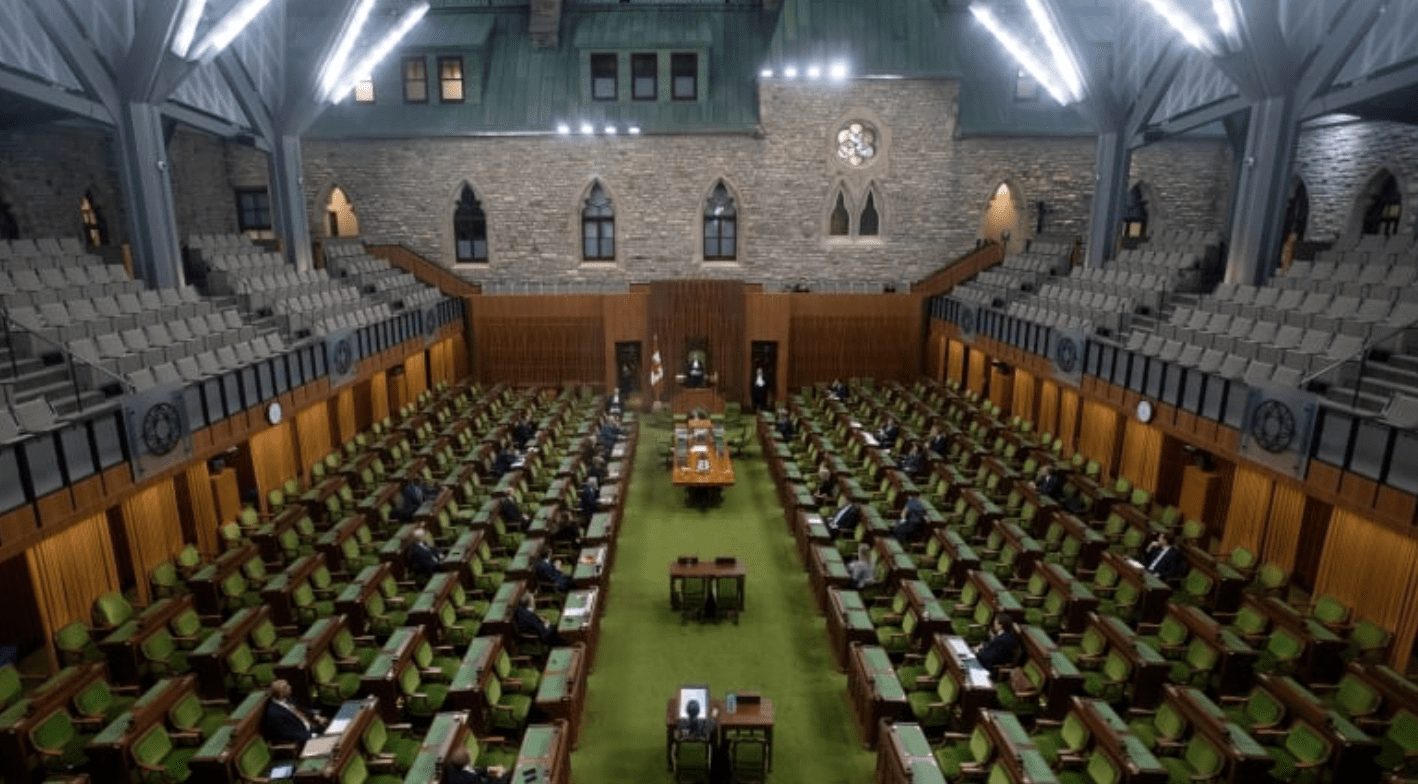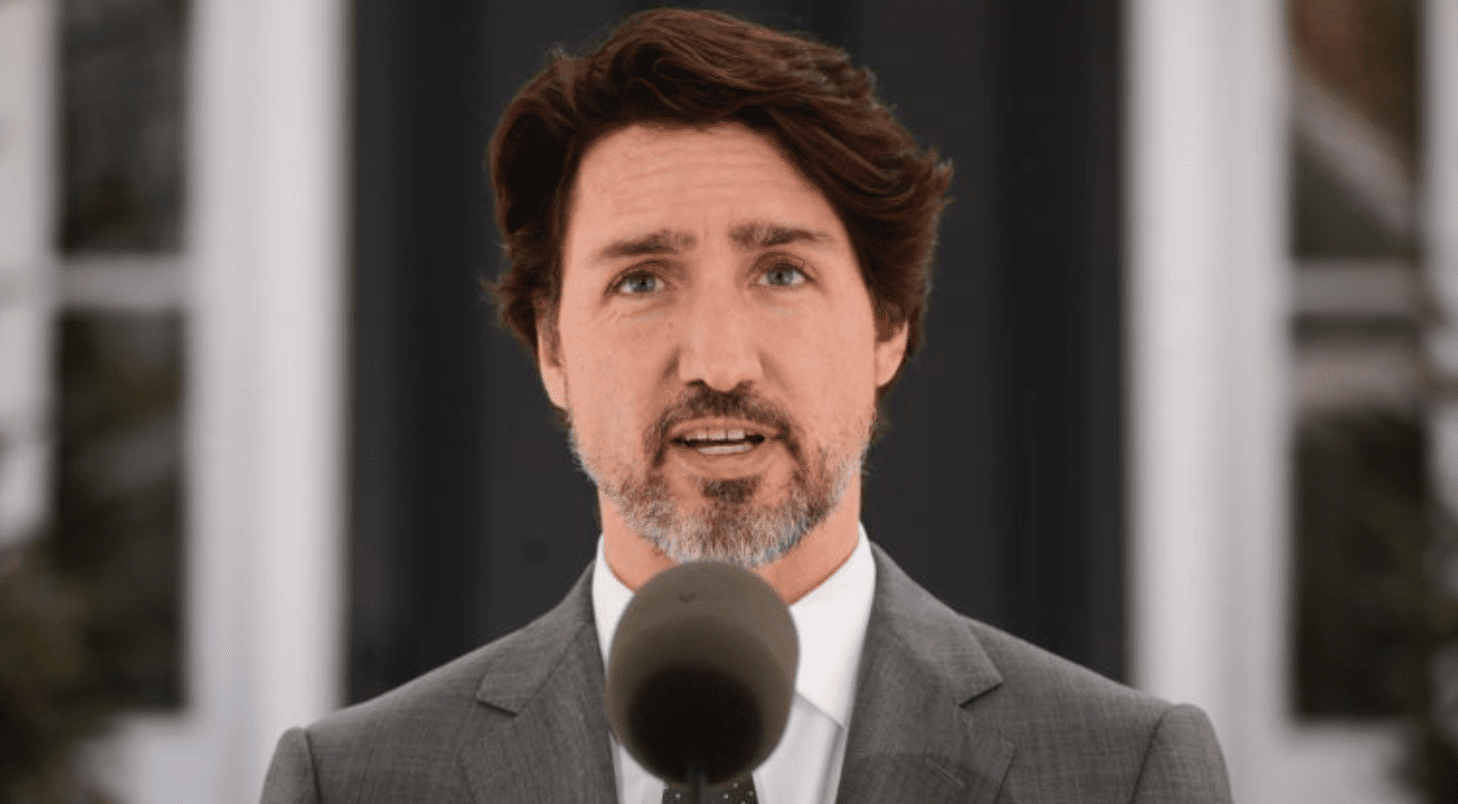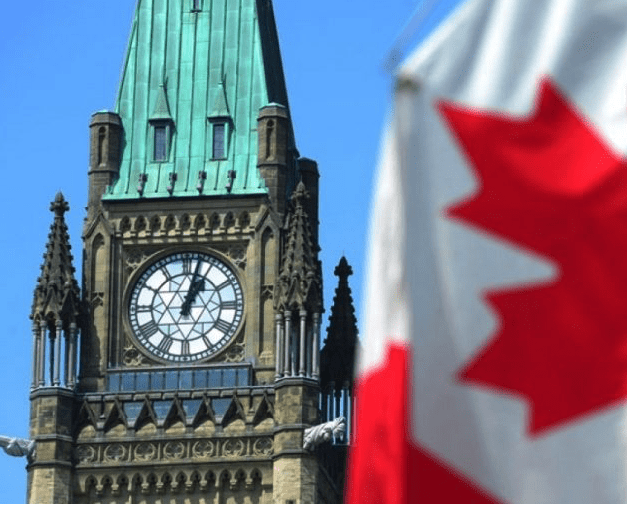This week, the Samara Centre for Democracy published a report titled "Closer to the People?" that looked at how provincial and territorial legislatures have been reacting to the global pandemic, and enumerated their sitting days, emergency legislation, and so on. As with any Samara report, you have to remember that they tend to judge quantitative data over qualitative, so there isn't as much context to the figures as there should be, but there are nevertheless a few things that can be teased out that are worth exploring, particularly as to lessons that we could draw from their experiences.
Something that immediately leapt out at me while reading the report was that not enough attention was paid to the fact that many of these provinces have hung legislatures, and that will affect how their responses have been handled. The report does talk about how in two of those provinces, New Brunswick and Newfoundland and Labrador, a special "all-party Cabinet committee" was formed, but barely spelled out the particular circumstances in those legislatures, which is important because in New Brunswick in particular, that "special committee" is being treated like a unity government which went all the way to swearing those opposition members into Privy Council and Cabinet which is a pretty big deal when it comes to evaluating how provinces are handling this pandemic.
The report does mention that this particular arrangement of a special committee has been detrimental in certain respects, but falls a bit short in its criticism:
This increased collaboration and Opposition input did little to advance transparency, since the proceedings of these committees were not made public. As the pandemic wore on, Opposition leaders in both provinces also complained that they were not consulted on all decisions. Opposition politicians in Newfoundland and Labrador are also complaining that the Government has failed to deliver promised exemptions to the travel restrictions imposed in Bill 38, which is now being challenged in court.
This undersells the issue in New Brunswick in particular, because it's not just about transparency though that is important. The report only thinks of this in terms of "cooperation" instead of some basic parliamentary principles that have to do with accountability.
To wit, later in the report, the authors use the phrase that "Cooperation is best done in public," which doesn't differentiate between how this special committee in Newfoundland and Labrador is different from the "unity government" in New Brunswick. Unity means that deliberations are Cabinet confidences, not simply a special committee (even if Cabinet is technically a committee of the Queen's Privy Council), which not only makes things more opaque, but it also obliterates the opposition's ability to hold the government to account because they were in on all of those decisions. So while yes, it is important to point out that this cross-party collaboration is "elite-focused" to the detriment of backbenchers, or that these deliberations being outside of the legislature have no public records, there is no qualitative differentiation between these models, and how that affects the exercise of accountability in each.
Completely omitted in this report is a similar situation in Prince Edward Island, where a kind of de facto "unity" government has been going on for months, because the province's official opposition Green Party decided to play nice with the governing Progressive Conservatives in the name of "civility." What resulted was a series of backroom deals that happened over that time period, and a burgeoning legislative culture where the third-party Liberals would be chastised for being "disruptive" when they were doing their jobs of trying to get some accountability. It was only recently that the Green leader, Peter Bevan-Baker, started insisting that he really does hold the government to account "but you just can't see it," which kind of sounds like the nerdy kid on an American sitcom proclaiming that he totally has a hot girlfriend in Canada. What the Samara report focuses on is the fact that the PEI legislature hasn't sat at all during the pandemic until this week, but it should be noted that suddenly Bevan-Baker has decided to start playing opposition leader instead of co-premier, both in opposing proposed changes to the province's Emergency Measures Act that would hand the government virtually unlimited powers, and in allowing seasonal residents onto the island for fear of creating a new vector of infection.
Why it matters that we have these kinds of situations playing out across the country is that there will need to be some kind of reckoning once the dust settles and the pandemic is considered under control, and we start taking stock of what has transpired. That includes the emergency legislation that has allowed broad powers, or the spending of vast sums, virtually unsupervised. While everyone likes to talk about how hung legislatures or parliaments are so great because they force parties to work together, we've been seeing increasing examples of how this kind of "working together" in crisis situations is to either co-opt accountability by bringing the opposition into the fold in an official capacity, or in increased backroom dealing to push through measures in a way that truncates the legislative process in the name of vacating the legislatures for health reasons, rather than finding non-"virtual" solutions to ensuring that the proper scrutiny can happen. Of course, in some majority situations like Alberta, it has been even worse where the governing party gives itself sweeping and overbroad powers, but at least the opposition parties can exercise actual accountability and are not co-opted by the decisions, hence they can point to the problems when the time comes.
The current federal situation of a hung parliament has certainly shown a propensity for backroom deals, with legislative processes being truncated and hidden from public, where tens of billions in spending has been pushed out the door with no scrutiny, and thanks to the deal the Liberals struck with the NDP and Greens this week, another $150 billion in Estimates will be passed automatically with no oversight the actual constitutional duty of MPs on June 17th. While the fact that the Conservatives and Bloc did not agree to this deal will at least provide some avenues of accountability, these past few months have certainly given us a new window in how hung parliaments operate in a crisis situation.
Photo Credit: CBC News










